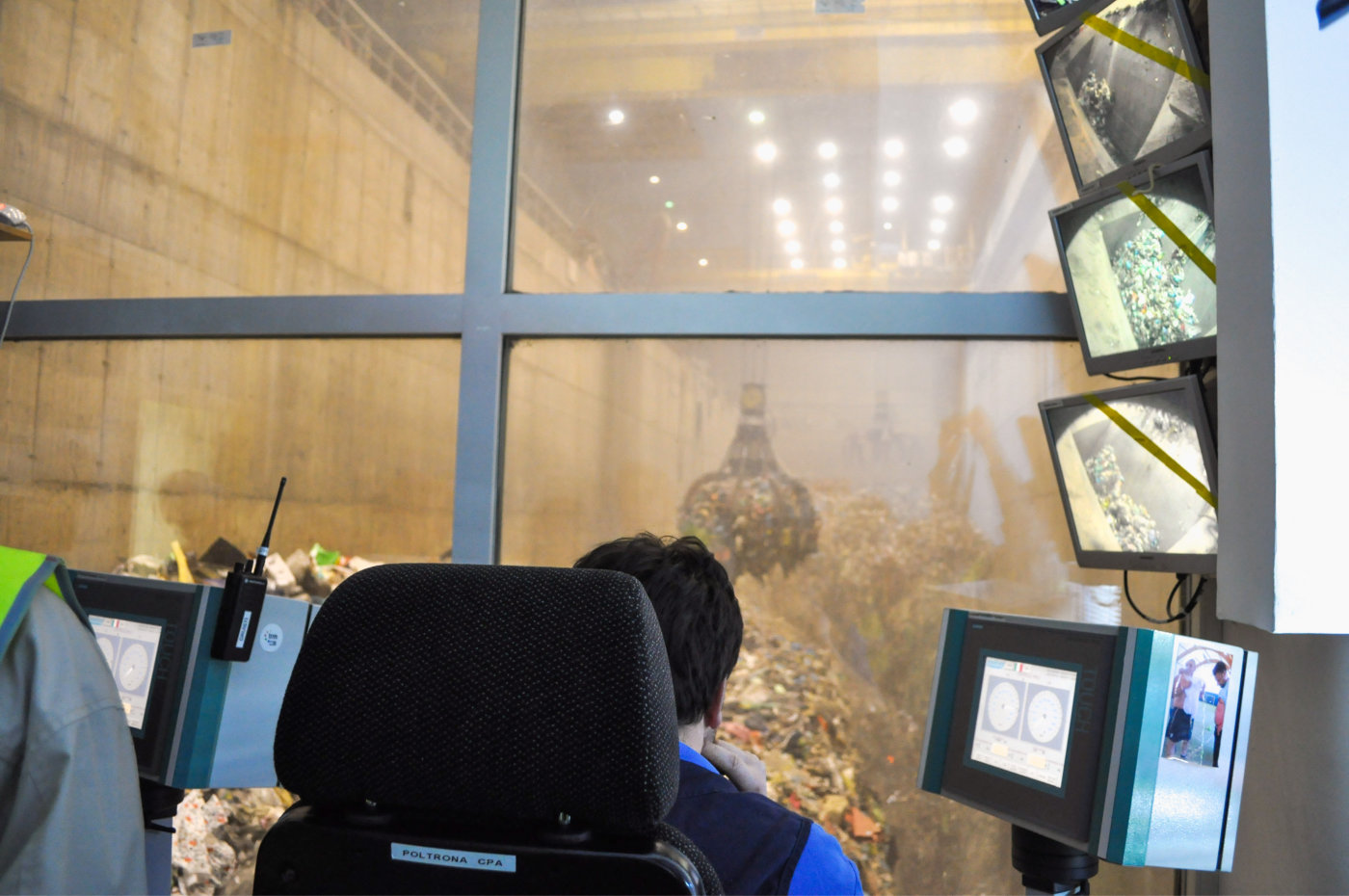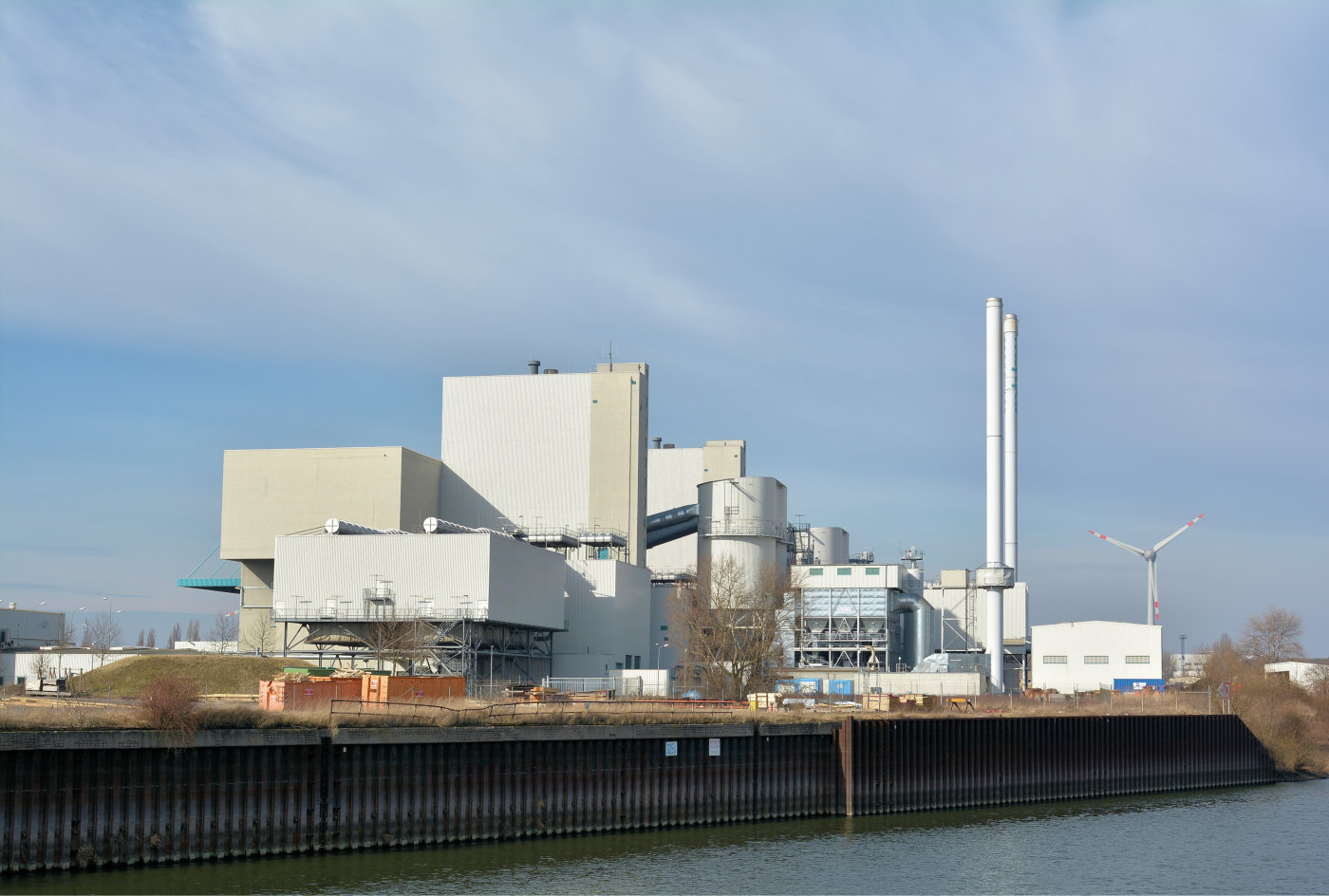Emergency Maintenance on Energy from Waste Power Stations
A 24/7 365 Approach by IME Group
With the global landscape for energy production shifting away from fossil fuels and toward renewable sources, Energy from Waste (EfW) power stations have been emerging as a promising and sustainable solution. While these plants significantly contribute to our global pursuit of sustainability, they are not immune to the mechanical failures, malfunctions, and other challenges faced by any operational power station. Understanding the dynamics of emergency maintenance in EfW power stations is crucial to keeping them operating at peak performance.
What is an EfW Power Station?
Before delving into the maintenance intricacies, it's important to understand what EfW power stations are. They are modern facilities that convert waste materials into heat, electricity, or fuel through a variety of processes, including combustion, gasification, pyrolysis, anaerobic digestion, and landfill gas recovery.
The Significance of Emergency Maintenance
Like any energy-generating facility, EfW power stations are complex systems comprising numerous mechanical, electrical, and computer-controlled elements. Each of these components is integral to the overall functioning of the plant, making regular preventive maintenance essential.
However, emergency maintenance is equally crucial. Unexpected issues can arise due to a variety of reasons, such as wear and tear, system failures, or even natural disasters. When such events occur, swift and effective response is vital to mitigate any potential hazards, prevent prolonged shutdowns, and ensure the safety and health of personnel and the surrounding community.
Navigating Emergency Maintenance
There are several key areas where emergency maintenance may be required in an EfW power station:
- Boiler Maintenance: Boilers are used to generate steam that drives turbines to generate electricity. Unexpected failures may include leaks, blockages, or pressure issues.
- Turbine Maintenance: Turbines are susceptible to various issues such as bearing failures, blade damages, and vibrations that can disrupt operations.
- Waste Handling and Feeding System: This critical component, responsible for delivering waste to the incinerator, can experience blockages, equipment failures, or mechanical breakdowns.
- Air Pollution Control Equipment: This includes equipment like filters and scrubbers which can fail or become clogged, leading to breaches in environmental regulations.
- Ash Handling System: Residue from incinerated waste can lead to problems in the ash handling and removal system.
Each of these areas requires expert knowledge and skills for effective troubleshooting and resolution.

The IME Group Solution
IME Group understands the multifaceted challenges that EfW power stations may face and offers comprehensive solutions to tackle them. To ensure they meet every emergency a plant might have, IME Group has established six distinct divisions:
- IME Fabrication
- IME Machining
- IME Valves
- IME Grabs
- IME Pipework
- IME Supply
By consolidating a diverse range of expertise under one roof, IME Group has created an emergency maintenance solution for EfW power stations. This not only helps to minimise the impact of unexpected issues but also contributes to the overall efficiency, reliability, and longevity of these crucial energy-producing facilities. This multi-disciplinary approach ensures that no matter the nature of the emergency, IME Group is equipped to handle it.

